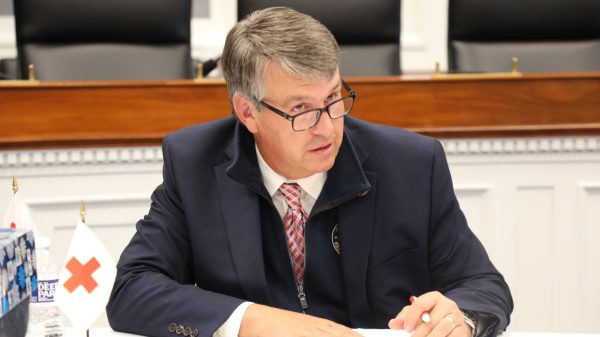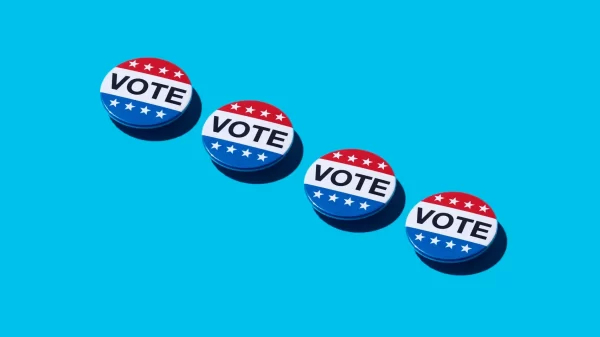By Bill Britt
Alabama Political Reporter
MONTGOMERY—Legislation passed during 2015 Session codifies the use of campaign funds for legal defense under SB241.
As part of an ongoing effort to tighten rules under the Fair Campaign Practice Act led by Sen Arthur Orr (R-Decatur), a controversial Attorney General’s opinion from 2000, now makes it legal for a public office holder to use campaign contributions for, “Legal fees and costs associated with any civil action, criminal prosecution, or investigation related to conduct reasonably related to performing the duties of the office held.”
The 2000 opinion by then Attorney General Bill Pryor reads, “Excess campaign funds may be used by an incumbent office holder to pay legal fees incurred pursuant to the defense of a criminal indictment if the indictment is related to the performance of the duties of the office held.”
The opinion by Pryor was much more restrictive than the newly codified law, but according to Othni Lathram, Director of the Alabama Law Institute, it is more in keeping with how the opinion was being applied. “This is a better representation of what, in practice, was happening,” said Lathram.
Over the last year, Speaker of the House Mike Hubbard (R-Auburn) has spent hundreds of thousands in campaign contributions for legal representation under the 2000 opinion.
Rep. Barry Moore (R- Enterprise) and others have paid attorneys under the same provision. It has been widely argued that the practice has been abused in several instances, especially in the case of Hubbard, who spent campaign funds on legal fees before being indicted.
Under the codified language, approved by the Republican supermajority, Hubbard’s acts would now be legal because of the expansion under SB241.
As Lathram, admits, “This is obviously a more favorable rule now to office holders and former office holders.”
Under the 2000 opinion, public officials could only use campaign funds if there was an indictment.
Under the new rule, an office holder can use the funds if they are only under investigation. The addition of “investigation” fits with how Hubbard has used his funds.
Since early August 2013, Speaker Hubbard has engaged the law firms of White, Arnold & Dowd and Trussell, Funderburg, Rea, and Bell to represent him, in what lead attorney White characterized as, an investigation into individuals or groups who were making false statements against the Speaker and his family.
However, court documents later revealed that Hubbard was using campaign funds in response to an investigation which led to his indictment of 23 felonies.
The Attorney General’s opinion was also more restrictive in that it only applied to criminal cases. Under the new rules, civil procedures are also included.
In the Pryor opinion, campaign funds could only be used if the indictment was, “related to the performance of the duties of the office held.”
The new language reads, “related to conduct reasonably related to performing the duties of the office held.”
“Reasonable, is certainly one of those legal terms of ours, and ultimately, if there was a question, that’s what the jury system is called upon every day to determine,” said Lathran. Here the burden to prove what was “Reasonably related to performing the duties of the office held,” would be a matter for a jury to decide after campaign cash had been used for a defense. This, Lathram agrees, is a flaw in the legal system. “Sure, it would be after the fact but, of course, in some respects, it’s one of the great flaws in our legal system, in general. You have to suffer the loss, the wrong, depending what side of the equation you’re on, then go to court and settle those things out after the fact,” said Lathran.
When asked if killing a constituent who came to complain about a particular law could be conduct reasonably related to performing the duties of the office held, Lathran said, “I would argue that illegal conduct is never reasonably related to the fact that I held office.”
He added, “I think the issue on all of those things, particularly when you’re looking at a standard of reasonableness, is kind of looking at the conduct at issue, the conduct that is ultimately prosecuted, and how close a call it is, on that conduct. I think post-conviction, if you’re convicted of a criminal activity…then that jury has also decided that you were obviously not acting in good faith in the office you were holding. Now, if you’re acquitted…the converse of that argument is true as well.”
So, the test of conduct reasonably related to performing the duties of the office held, is proven mostly by whether there is a conviction or an acquittal.
While Hubbard awaits trial on felony charges, and others public officials pay attorneys in relation to their testimony in his criminal trial, the legislature codifies the almost unrestricted use of campaign contributions to finance legal defense.
It has been suggested that the act should have been named the, “Full Employment Act for Defense Attorneys.”





















































